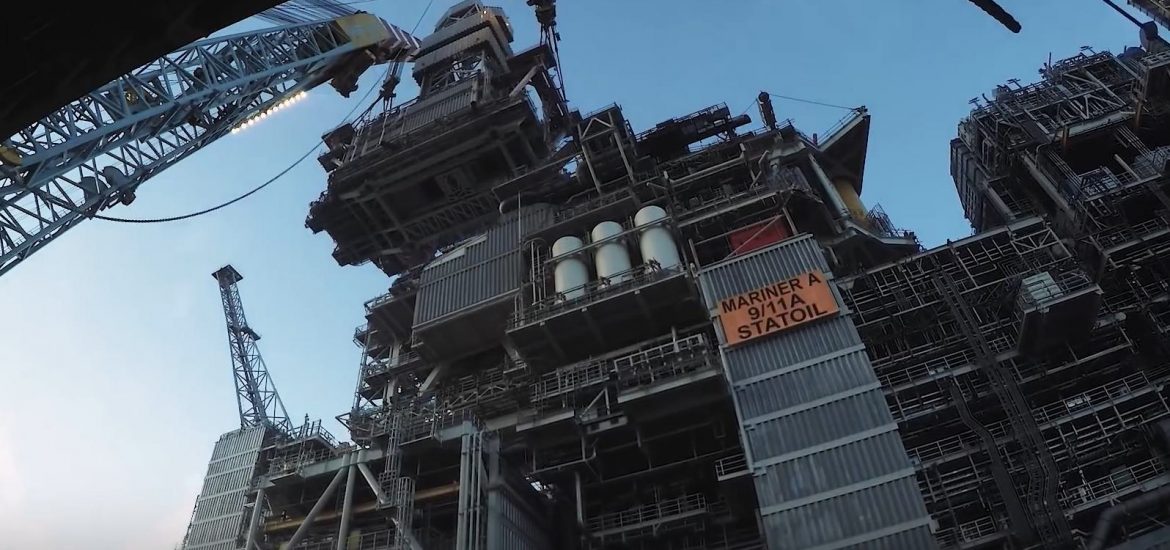
Norwegian oil and gas giant Equinor says it plans to cut emissions from its operations in Norway by 40 per cent by 2030, 70 per cent by 2040 and to near-zero by 2050.
Total emissions for Equinor-operated fields and plants in 2018 were around 13 million tonnes, according to the firm, which changed its name from Statoil in May 2018 to demonstrate its move away from fossil fuels.
By 2030 more than 5 million tonnes of cuts will need to be introduced, corresponding to around 10 per cent of Norwegian carbon-dioxide emissions.
Equinor said meeting the 2040 and 2050 targets would require a broader approach to electrification, infrastructure consolidation and increased investment in clean hydrogen, offshore wind, carbon capture and carbon storage.
Last month, Schlumberger said it had committed to setting a “science-based” target to reduce emissions. Also in December, Repsol and London-based Energean said they aimed to be net-zero emissions companies by 2050.
Equinor’s ambitions received criticism from Nature and Youth board member Andreas Radoey, who said it was “too little, too late”. “In 2050, there can’t be any oil extraction from Norway’s continental shelf,” she tweeted.
Eldar Sætre, chief executive of the state-owned firm, said: “Equinor supports the Paris agreement and a net-zero target for society. We have already brought carbon dioxide emissions in the production process down to industry-leading levels. We are now launching an unprecedented set of ambitions for forceful industrial action and substantial absolute emission reductions in Norway, aiming towards near-zero in 2050. This is in line with society’s climate targets and our strategy to create high value with low emissions.
“While realising these ambitions, we also expect our operated fields and plants to create significant value with a potential to generate more than 3.000 billion Norwegian kroner in income for the Norwegian state towards 2030. New fields, field life extensions, improved oil and gas recovery and efficient operations will all contribute to substantial value creation. The new climate ambitions will strengthen future competitiveness and value creation for Equinor while supporting industrial developments in Norway,” Sætre added.
“Collaboration is key to combat climate change. We appreciate the close cooperation with our industry partners and suppliers, and to realise these ambitions we need even closer collaboration across industries and with authorities. We plan investments in the order of 50 billion Norwegian kroner together with our partners by 2030 to cut emissions in order to strengthen the long-term competitiveness for our fields and plants. In setting these ambitions Equinor has assumed stable framework conditions and necessary investments in the electricity grid,” Sætre told the media.
Picture credit: YouTube





